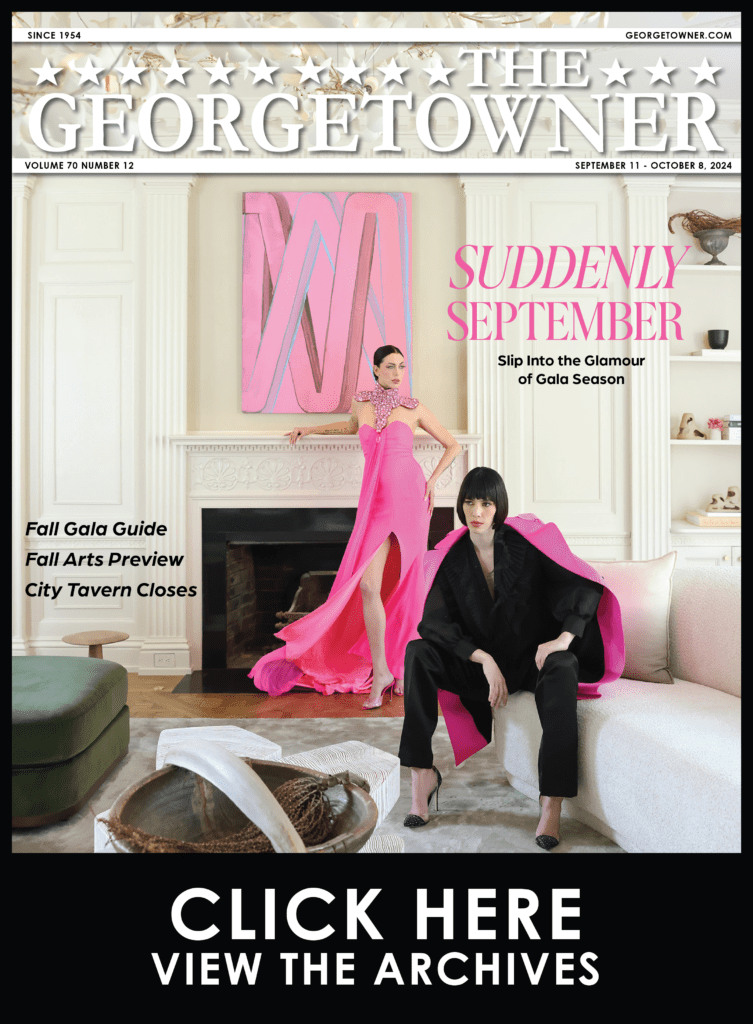Georgetown Aims to Reduce Noise Disturbances
By • June 18, 2013 0 811
An amendment has been made to a DC law that gives police officers discretion to arrest citizens for noise that is potentially disruptive to the surrounding neighborhood. This is one of several amendments recently added to the city’s disorderly conduct laws that allow for arrests between the hours of 10 p.m. and 7 a.m. citing “unreasonably loud noise.”
The law is intended to help control the copious noise complaints the police receive from the neighborhood. However, the discretionary nature of the amendment has drawn concerns among some students and residents, many of whom question the basis of judgment of a given police officer.
But Lieutenant John Hedgecock of the Metropolitan Police Department assured residents at an ANC meeting last week that police officials were “Getting all kinds of legal opinions on what we can and cannot do,” in terms of enforcing these new safety measures.
The law seems to have specific ramifications for Georgetown University students, often the target of noise complaints within the residential areas of Georgetown and Burleith, with residents complaining of blaring music and house parties on a rolling basis. “According to the new law,” wrote Todd Olsen, Vice President for student affairs, in an email letter addressed to students, “if the police observe a house party that is producing ‘noise that is likely to create a disturbance of the peace’ the officer can make arrests without warning. The hosts and residents of the house could be arrested.”
The new ordinance is also indirectly affecting to the recent troubles of the Prospect Street nightclub George, who’s owners have been at odds with the ANC in an attempt to expand their occupant limit and terminate their voluntary agreement with the ANC that regulates liquor-related issues such as noise and crowds. The ANC is currently protesting the establishment’s liquor license before the Alcohol Beverage Regulation Administration.
George is a regular source for noise complaints from the residential block that sits behind it. But Andrew Kline, who represents the owners of George, explains that the complaints are largely due to the line of people outside the club trying to get in. He insists that if the occupancy limit were expanded, more people could be inside and fewer disturbances would be caused to the public. All matters all still relatively debatable, as it were.

